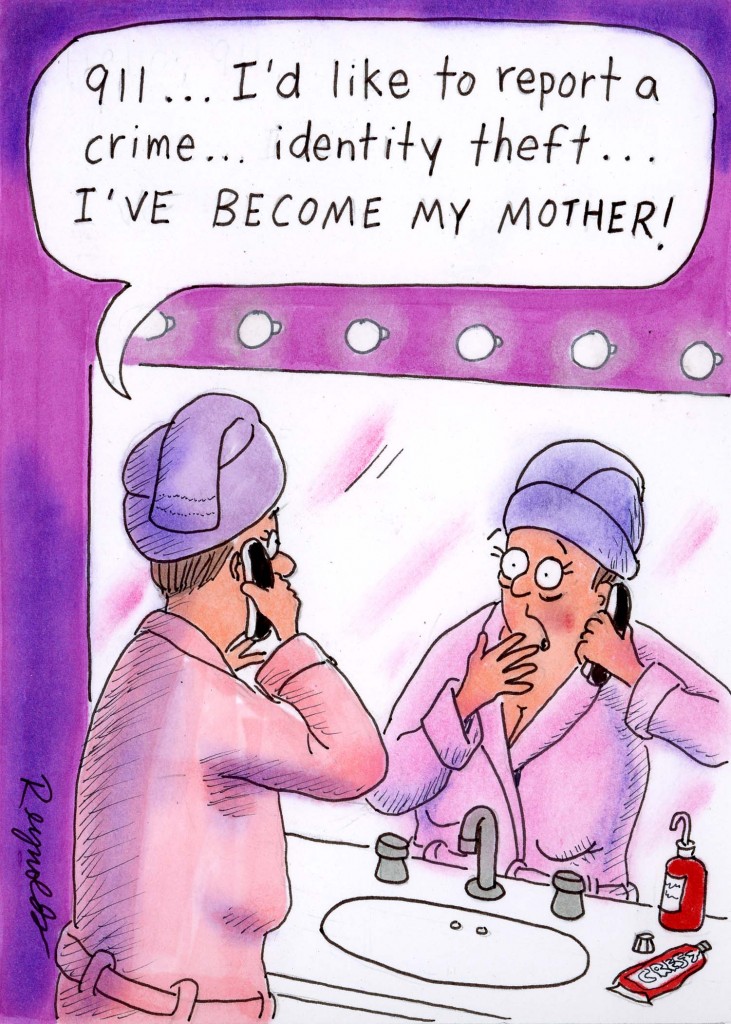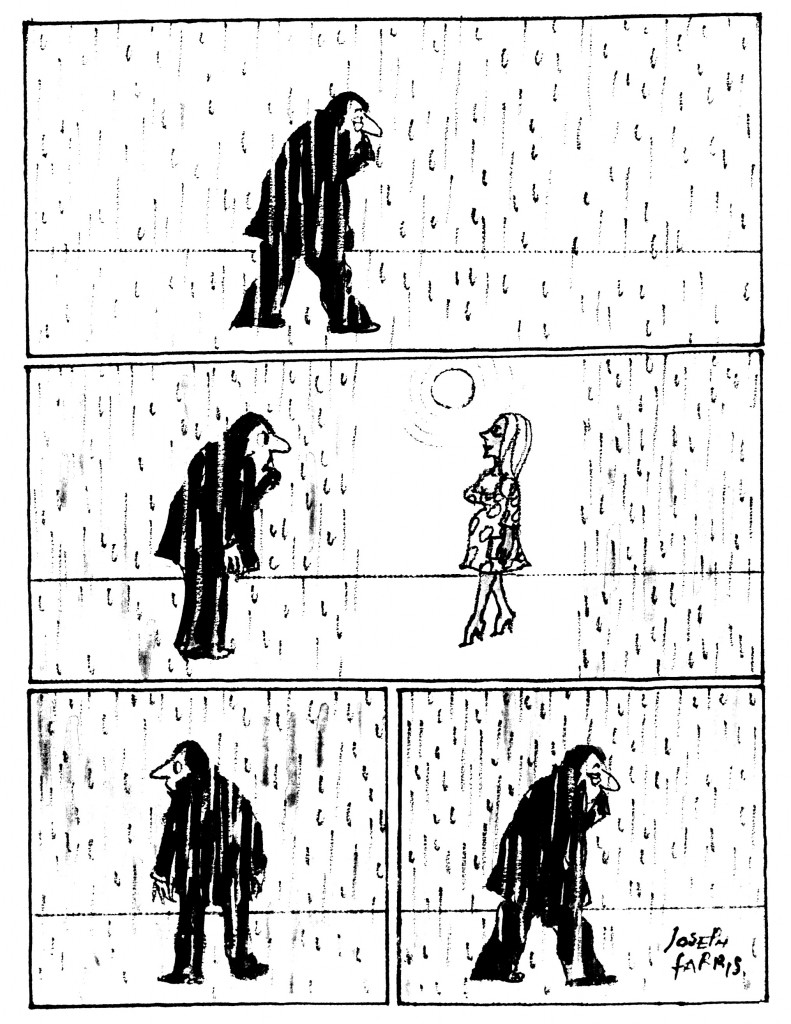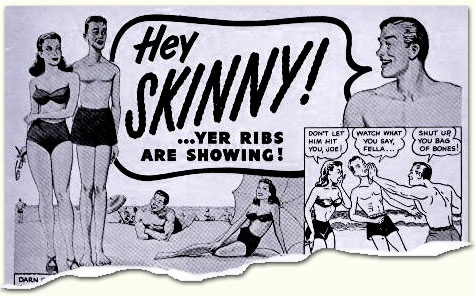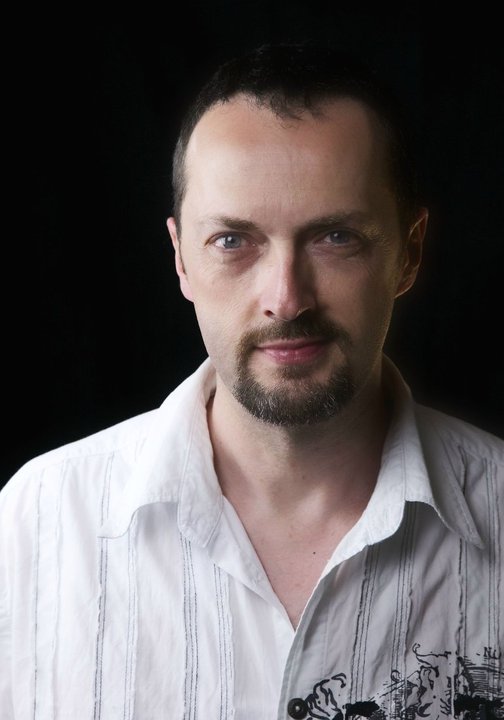Over or under? Work, stress and life
July is almost over. And it’s been a whirlwind of work, illness, tragedy and emotions. So much so that my instinct is to find a cabin in the woods and hide out for the month of August. This post from a few years ago seems more relevant than ever.
Results of a global survey (conducted several years ago by the Boston Consulting Group) suggested that women are more overworked, overextended, overstressed and underserved than ever. In fact, time demands are the number one challenge that women face in their lives.
Key findings included:
- Women are responsible for a large percentage of global income, owning 40% of all U.S. business and controlling over $12 trillion dollars in consumer spending (globally).
- In the U.S., almost 71% of women in the workforce are mothers, and over half have children under the age of one. Yet, they do most of the work at home as well (88% – grocery shopping; 85% – meal preparation; 84% laundry and cleaning; and 77%, household administration).
- 48% of women say that managing household finances is a major source of stress in their lives, while 81% are concerned about not having enough money for retirement.
- 47% say that time demands represent the “big stress in their lives,” with 45% expressing that they don’t have enough time for themselves.
One of the most disturbing finding deals with women’s expectations of themselves. In fact 44% of those polled said that they rarely or never feel powerful. Hmmm, why is this? Why is it that we feel powerless when we control such a significant portion of the global economy and virtually run our world, both inside and outside the home? And where is the true source of a woman’s power?
Survey results suggest that the source of happiness in women’s lives mostly relates to love, health, honesty and emotional well-being. From this, one might surmise that the source of women’s power lies within their connections, candor and honesty, as well as the opportunity to pursue these things freely. Indeed, when asked what they wanted most, respondents said:
- More love and connections, both intimate and with family, friends, colleagues and neighbors.
- Freedom to pursue the path which will allow them to become fulfilled, happy and satisfied.
- More balance in their lives.
- Enough money to remove financial pressure.
 We live in a world where time is a commodity and where the individual is always being pulled in a zillion directions. Self-image, especially as we age, can be tough, especially when societal messages abound that we are no longer “as beautiful as…” In fact, in this survey, at least a quarter of women said that they rarely or never felt beautiful.
We live in a world where time is a commodity and where the individual is always being pulled in a zillion directions. Self-image, especially as we age, can be tough, especially when societal messages abound that we are no longer “as beautiful as…” In fact, in this survey, at least a quarter of women said that they rarely or never felt beautiful.
What gives? We are powerful, we are in control and regardless of age or shape, we, as women, have an inner beauty that when realized, reflects outward and resonates endlessly.
Life is stressful and it appears that as women, we are shouldering a burden of extreme proportions. Not only should we be asking what we are doing to create this paradigm but more importantly, what can we do to change it.
What do you think?
Read MoreFriday Folly: If it’s not one thing…
You’ve all heard the adage, if it’s not one thing, it’s your mother, right?
Despite the cartoon, this week I am paying tribute to a beautiful mother who lost her gorgeous son last weekend. Through this tragedy, may we find laughter, love, peace and a whole lot of WOW. And mothers? I’ve turned into mine a bit as the years have passed. Even the not so good bits can be wonderful if you think about what mothers are and what they do.
Have a good Friday. And if your mother is still with you, reach out and tell her thank you.
Read More
Wednesday Bubble: How Dry Am I? How Dry Are You?
Puzzle me this:
What do vaginal dryness and technology have in common?
Evidently, the folks at RuJuVey want your help in finding out. But first, let’s talk about the issue of vaginal dryness. Vaginal dryness is a characteristic of vaginal atrophy — a thinning of the vaginal tissue that results as estrogen declines. It affects as many as half of all women as they go through menopause and although vaginal atrophy can occur during anytime in a woman’s life, it’s prevalence does increase with aging. And so do the accompanying symptoms of dryness, pain during intercourse, irritation, post-intercourse bleeding and of course, a decline in sexual desire and functioning as a result. While topical estrogen is certainly an option and prescribed by many clinicians for this problem, it’s always nice to have non-prescription alternatives that work just as well.
That’s where RuJuVey theoretically enters the picture.
Admittedly, I don’t know very much about RuJuVey; from what I understand, the company is working on a device that uses sonic technology to deliver a non-hormone emollient. And, while the product is in development, they are seeking your assistance, via a short, online survey, to try to learn more about vaginal dryness and the percentage of women who suffer from it as a result of aging. In addition to participating in the survey, you may also be considered for participation in a test group.
Mind you, I’m curious about the device, although I’m not quite sure that I can get my ‘legs’ around (!) what I assume will be a tampon-like device that requires insertion to help turn on the juices again. Then again, that’s simply an assumption.
If you are interested, I’d encourage you to click on the link above and take the survey. I did and it’s a painless way to participate in innovation. And when it comes to menopause, I’m all about innovating.
Who knows? It might be the sunny side of Menopause Lane!
[Disclosure: While I was approached by ReJuVey to share their survey, they did not contribute ideas for this post nor was I paid by the company.]
Read MoreNewsflash: So, estrogen is safe?
 If you’ve been following this blog for any period of time, you know that I’ve consistently shared data that demonstrate the hormones, particularly combination hormone replacement therapy (HRT) can be dangerous, depending on age, time since menopause and other concomitant health issues. Yet, the medical community continues to beat the dead horse of trying to prove the hormone replacement in any form has a role in women’s health. And because I have promised to share the facts, regardless of whether or not I have questions about the motivation underlying their derivation, I am writing this post.
If you’ve been following this blog for any period of time, you know that I’ve consistently shared data that demonstrate the hormones, particularly combination hormone replacement therapy (HRT) can be dangerous, depending on age, time since menopause and other concomitant health issues. Yet, the medical community continues to beat the dead horse of trying to prove the hormone replacement in any form has a role in women’s health. And because I have promised to share the facts, regardless of whether or not I have questions about the motivation underlying their derivation, I am writing this post.
According to research appearing in the July 28 online issue of the American Journal of Public Health, estrogen actually prevents deaths among women who have had hysterectomies. By the way, that’s estrogen ALONE, not estrogen plus progestin, and that is a critical distinction.
Onto the findings. When researchers took another gander at the Women’s Health Initiative data, they sought to determine how the rate of excess mortality among women who took placebo versus those who took estrogen over the course of the landmark study actually translated into premature deaths that might have been preventable. And what they found is pretty shocking:
- The researchers looked at deaths in women who had undergone hysterectomy and still had an ovary intact compared with those who did not have any ovaries (note that sightly more than half — 54% — of women have both ovaries removed at the time of hysterectomy)
- They also examined the use of oral estrogen among the 50 to 59 year old set between the years 2001 and 2004, noting a decline by as much as 60% (largely the result of the the findings of the Women’s Health Initiative) and a relative decline by as much as 71% by the year 2009.
- In composite, they were able to calculate that between 2002 and 2011, a least 18,601 excess deaths occurred and as many as 91,61o excess deaths occurred among women who had had hysterectomies and chose not to use estrogen. This translates to an actual toll attributed to the decision of 40,292 to 48,835 deaths.
The researchers say that estrogen therapy alone reduces mortality mainly by reducing the number of heart disease-related deaths; notably early surgical menopause and complete removal of the ovaries boost the risk for coronary heart disease. Estrogen prevents the development of atherosclerosis and helps maintain normal blood flow.
It’s important to remember that these findings do not apply to women younger than age 50 or older than age 59. Moreover, they also fail to consider other reasons for the increase in heart disease among women as their estrogen declines, such as a surge in cholesterol. And, despite the improved odds against dying from heart disease, these data also ignore other health issues associated with estrogen alone, such as incontinence, hip fracture and of course, breast cancer among certain subsets of women. Hence, again, I am forced to ask the question why researchers continue to beat this horse to death when the deaths prevented may carry the cost of other issues?
I don’t believe that this is anything that will be resolved any time soon. And, as I have written previously we’re drowning in politics, medicine and industry. And it’s difficult to discern truth from fiction, data from data, risk from benefit. Ongoing analyses will eventually reveal what’s what. Meanwhile, read the library of HRT posts on Flashfree. Talk to your physician. Avoid hasty decisions. And consider alternatives. If the medical community can’t agree, perhaps it’s time to put down the gauntlet and wait out the firestorm.
The choice is yours’. Which side are you willing to err on?
Read MoreGuyside: Does my gut look big in this world?
This is the first installment of a new Flashfree column by Bob LeDrew. Guyside is one man’s take on some of the issues that I’ve been addressing for years on FlashFree. So, show some love, eh? And share widely!!! — Liz
If Liz wants to “rebel, reveal and revel in the here and now,” I’m in. So why should you listen to me? Good question. I’m not a doctor. The only “-ist” tag that applies to me is “bicyclist.”
What I am is a guy approaching midlife with many of the same events and issues in my past and present that you likely have. Aging parents? Yup. Experience with acute and chronic illnesses? Yup. One of the seminal events of my adult life was being diagnosed with bladder cancer in 2006; one of the seminal events of my childhood was the loss of a brother to suicide.
Health isn’t a Boy Scout badge to achieve and forget about. And it’s not something you can only achieve with a team of professionals doing everything from dosing you with the newest supplement or pushing you to that 300th crunch. Real health, as I see it, is more like a gyroscope. Sometimes it gets knocked off its axis, and you have to give it time to get back into balance. And it’s about more than little blue pills, marathon running, or getting just the right amount of gray in whatever hair you have left.
It’s about knowing your body and your mind, and working with them to find balance points.
I used to be a journalist, once upon a time, and my plan is to use this column as an excuse to learn about issues that matter to me and I think will matter to you too. The more feedback you give me, the better a job I can do for me and for you.
Now, on to the column!
Guyside: Does my gut look big in this world?
There’s no shortage of discussion in this world about women and body image. But as a guy, let me tell you that we get those issues going too, especially at this time of year when the temperatures rise and the shirts come off. Or at least are supposed to.
One friend pointed out to me that her husband and his friends (who, she says, “look good!”) will NOT take their shirts off. I know that in the past when I’ve gone to company picnics and the like, the idea of my torso on display is a little off-putting to me (or perhaps it’s that it’s going to be off-putting to others that’s off-putting to me).
So where does all this come from? And do men work through body image issues differently than women?
Well, for me, there are a few things that I’ve noticed as I’ve aged. Throughout my teens and twenties, I could and did eat EVERYTHING I wanted, in great quantities. And whatever I ate, I still had a body shape that once inspired my dad to ask me if I had to run around in the shower to get wet.
In the last 15 years, that changed. Now, while I can still eat a LOT of food, I have immediate aftereffects, and I also have that longer-term effect of going from six-foot-one and 140 to … looking like a pear perched on two chopsticks. Of course, there’s the hair growth in surprising places. The ears bug me. The back, not so much for me, although the person who shares my life regularly threatens me with waxing or electrolysis.
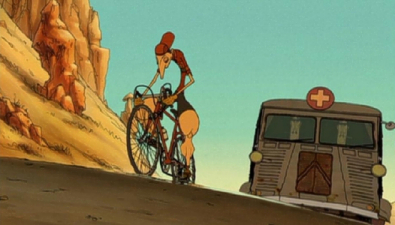 When I turned 30, I discovered a sport that I really enjoyed: cycling. And while I rely on cycling for both physical fitness and stress management, I have to admit that the classic cyclist’s body is not Michelangelo-worthy. Big legs, small arms, perhaps best illustrated in the great animated film “The Triplets of Belleville” (right)
When I turned 30, I discovered a sport that I really enjoyed: cycling. And while I rely on cycling for both physical fitness and stress management, I have to admit that the classic cyclist’s body is not Michelangelo-worthy. Big legs, small arms, perhaps best illustrated in the great animated film “The Triplets of Belleville” (right)
And, I suspect, like women, I look at male athletes or entertainment stars and think about what I could do to make my body look like theirs. Which rarely translates into me actually DOING anything to create that chiseled body I see onscreen.
But I know only too well that my body will NEVER be confused for that of Ryan Gosling or Matthew McConaughey.
Blogger Kate Fridkis writes: “I have heard guys talk in such black and white terms about their decisions. Something is wrong. They’re supposed to take charge. If there’s a problem, it needs to be fixed. Weight needs to be lost, muscle needs to be gained, it’s that straightforward… Guys have told me. ‘Either I look good or I look like shit.'”
She argues that this sort of black-and-white, all-or-nothing thinking is more characteristic of men than of women. That may well be. What’s obvious from casual conversations with friends of both sexes about body image is that we all have issues around it. I think it’s more common that men throw up their hands and “give up” on their body, where it seems that women are much more persistent in trying to mold themselves into the body they believe they “should” have by various means.
What do you think?
Read MoreWednesday Bubble: It’s Amazing!
Snake Oil. It’s pervasive in health and it’s important to maintain your vigilance and common sense. So, if someone promises you a product that is NON-TOXIC with NO DRUG INTERACTIONS, a technology that touches just about every aspect of health imaginable, directs you to a website entitled yesitsamazing, you have to step back and wonder what the heck.
What’s so amazing you ask?!
Redox signaling molecules — the very same molecules that exist within cells — that scientists have now suspended in a saline solution so that they work OUTSIDE THE BODY to heal just about everything from asthma and bladder leakage, to restless leg syndrome, cardiovascular disease and Alzheimer’s. My goodness, it’s a miracle, truly amazing!!!!! Or as the folks over at Science Based Medicine describe it, “water and salt.”
The folks pitching this miracle supplement, better known as ASAE, claim that they have data supporting the efficacy of chemically recombined molecules. In fact, ASAE theoretically replenishes signaling molecules that are lost during the aging process.
- Promotes enhanced immune function
- Boosts efficiency of the body’s own antioxidant by 500%
- Offers proven superior support to athletes (in a study of 17 people, by the way, with no control group for comparison)
Honestly, you probably need ASAE as much as you need a glass of salt water. Amazing? Hardly.
Who put the ‘men’ in menopause? Part deux.
Bob LeDrew, that’s who!
There’s some changes going on and it’s not of the menopausal kind. Starting next week, in fact, my friend and sometimes partner in Words with Friends is joining FlashFree with his new monthly column: Guyside.
Yup, Bob’s going to bring a bit more y into our x’s, testosterone into the estrogen and hopefully, bridge some of the communication gaps that pervade this thing we call midlife.
The few glimpses that I’ve been afforded not only excite the hell out of me but, I know that this new twist is going to shake up this space in ways that I could only dream of previously.
Stay tuned. Menopause has got a ‘brand new bag’ (sorry, my friend!) and his name is Bob!
p.s. If you didn’t catch his guest post last month, Falling into the trips of masculine invulnerability, you are missing out. Check it now!
Read More





